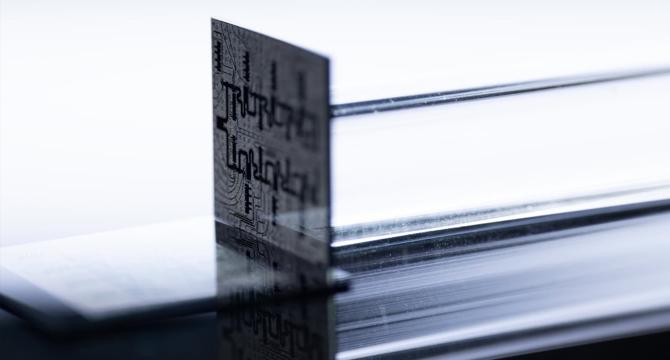Physicsworld
3w
224

Image Credit: Physicsworld
Cat qubits open a faster track to fault-tolerant quantum computing
- Researchers from the AWS Center for Quantum Computing have made a breakthrough in quantum error correction using cat qubits, potentially accelerating the development of fault-tolerant quantum computers.
- Quantum computers face errors in qubits, and the cat qubit method aims to reduce the number of qubits needed for large-scale quantum computation.
- Cat qubits resist bit flips using quantum superposition, requiring special error-correction algorithms for phase-flip errors.
- The team demonstrated error suppression in a microchip with cat qubits and transmon qubits, reducing error rates significantly.
- The system's simple architecture and reduced overhead could shorten the development time for a full-scale quantum computer by 3-5 years.
- Further scaling up to multiple logical qubits and studying logical operations are key next steps in building fault-tolerant quantum computers.
- The hybrid arrangement of cat qubits and transmon qubits in the AWS chip marks progress towards fully error-corrected quantum chips.
- While innovative, the AWS chip still needs to address both bit-flip and phase-flip errors, with other cat qubit approaches aiming to eliminate bit flips completely.
- The research marks a shift towards large-scale error-corrected quantum devices, but the effectiveness of different approaches remains to be seen.
- The study is published in Nature, showcasing the potential of cat qubits in advancing fault-tolerant quantum computing.
Read Full Article
13 Likes
For uninterrupted reading, download the app